
Source: LTodd
Seminar on the 25 March 2025
Intersecting the tourist gaze with visual arts practice-based research.
In this seminar, Dr Louise Todd will discuss her visual arts practice-based research to understand the visual culture of tourism and the tourist gaze thesis (Urry & Larsen, 2011). Here, it is suggested that tourists’ and others’ visual practices and performances, such as photography and sightseeing, form an intersection of gazes (Crang, 1997; Lutz & Collins, 1991).
Although tourism’s visual culture, and the tourist gaze, are of interest on interdisciplinary bases, much research in this area is written. The discussion is frequently captured and framed through considering photographic practices: particularly those undertaken by tourists, and within tourism settings (Ekici Cilkin & Cizel, 2021).

Louise Todd (2024) Memory Travels, oil on canvas, 100cm x 100cm, on view at Visual Arts Scotland (VAS) Then and Now: 100 years of Visual Arts Scotland, Royal Scottish Academy, Edinburgh, 17th February – 13 March 2024 (image to right of frame).
Nevertheless, there has been little attention directed to tourism through visual arts practice-based research. As an interdisciplinary approach which entwines creative arts with non-arts research contexts, visual arts practice-based research uses artistic process and practice as a way of understanding (Leavy 2020; McNiff, 2008).
Louise’s presentation will introduce her own visual arts practice-based research through drawing and painting. She will discuss using this method to reflect upon the intersection of my own others’ gazes, as she shifts identities of being an artist, a researcher, a tourist, and a viewer. She will then consider a recent series of paintings. In this work, past, present, and future, interplay with figures performing tourism and leisure in spaces. Concrete and intangible imaginaries, memories, artefacts, experiences, and hauntologies evoke the ‘not yet’, and ‘never was’ (Fisher, 2014) through visual associations and memories. She will conclude my presentation by reflecting on the potential of visual arts practice-based research in interdisciplinary settings such as tourism.
References
Crang, M. (1997). Picturing practices: research through the tourist gaze. Progress in Human Geography, 21(3), 359-373.
Ekici Cilkin, R., & Cizel, B. (2021). Tourist gazes through photographs. Journal of Vacation Marketing, 13567667211038955.
Fisher, M. (2014). Ghosts of my life: Writings on depression, hauntology and lost futures. John Hunt Publishing.
Leavy, P. (2020). Method meets art: Arts-based research practice. Guilford Publications.
Lutz, C., & Collins, J. (1991). The photograph as an intersection of gazes: The example of National Geographic. Visual Anthropology Review, 7(1), 134-149.
McNiff, S. (2008). Art-based research. In: J. G., Knowles, & A. L. Cole, (2008). Handbook of the arts in qualitative research: Perspectives, methodologies, examples, and issues. pp. 29-40. Sage.
Urry, J., & Larsen, J. (2011). The tourist gaze 3.0. Sage.
Dr Louise Todd is an Associate Professor and interim Head of the Tourism and Intercultural Business Communications Subject Group at Edinburgh Napier University. Louise leads the University’s Visual Methods and Ethnography Interdisciplinary Research Group and Public Engagement with research in the Business School. Louise’s background is in visual art and her practice and research are complementary. Her interests are in arts, cultural tourism and public engagement. She is concerned with visual culture, creative and visual research methods, alongside the potential of festivals and tourism to engage with community stakeholders.
Subscribe to the recordings:
Video hosted on the PAR YouTube channel.
Audio hosted on the PAR Buzzsprout channel and can be listened to on Spotify, Apple podcasts or on other RSS podcast apps.
The Practice As Research network with its resources is free and always will be, but it does of course incur costs to run and to keep it running. If you use it and benefit, enjoy it and would like to keep it going, please, consider leaving something in the tip jar. Thank you!
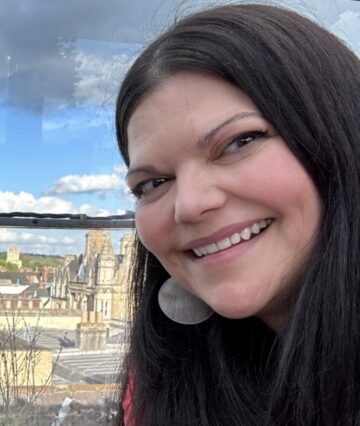
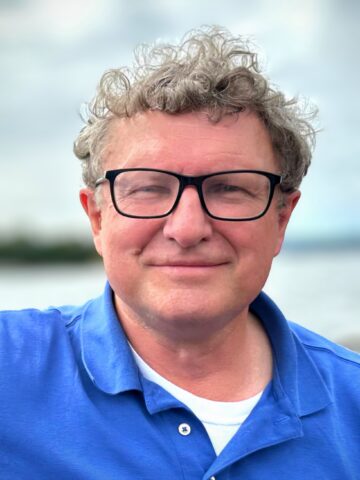

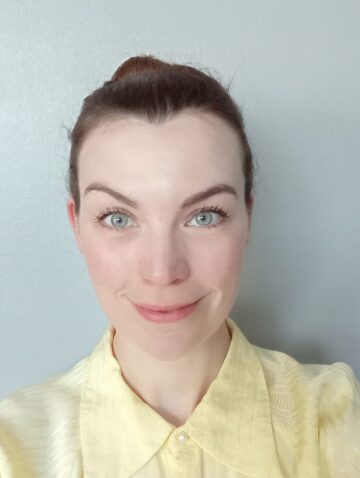
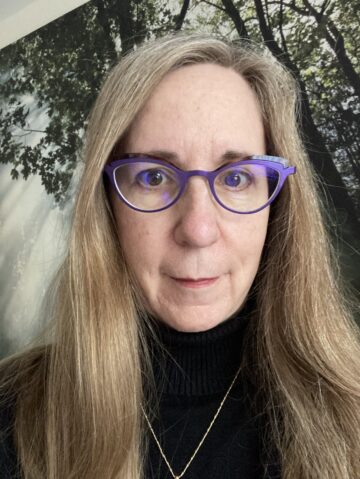
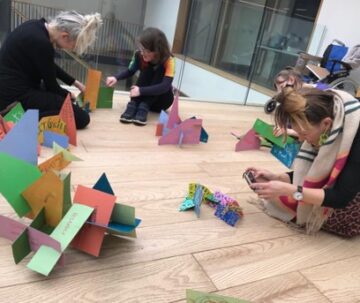

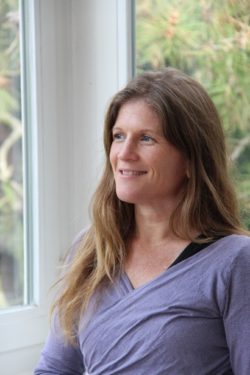
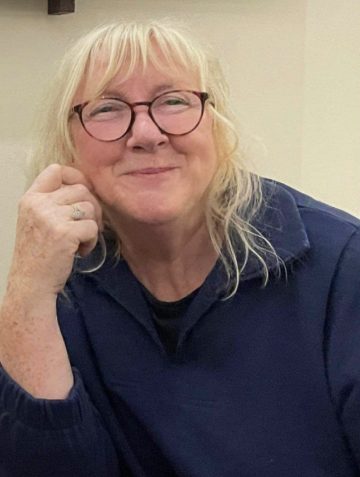
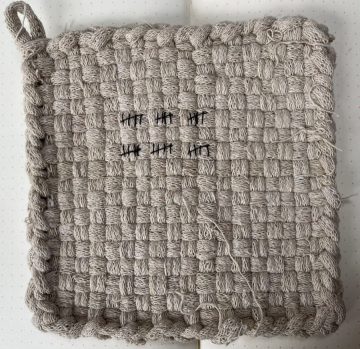
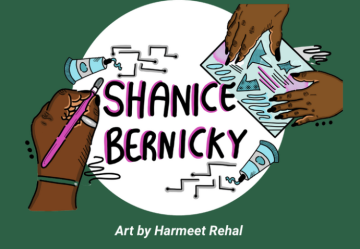
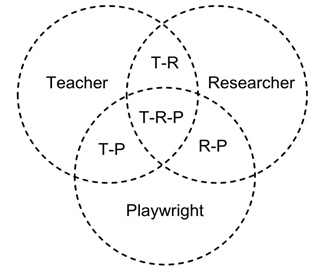 Seminar on the 17 November 2023
Seminar on the 17 November 2023